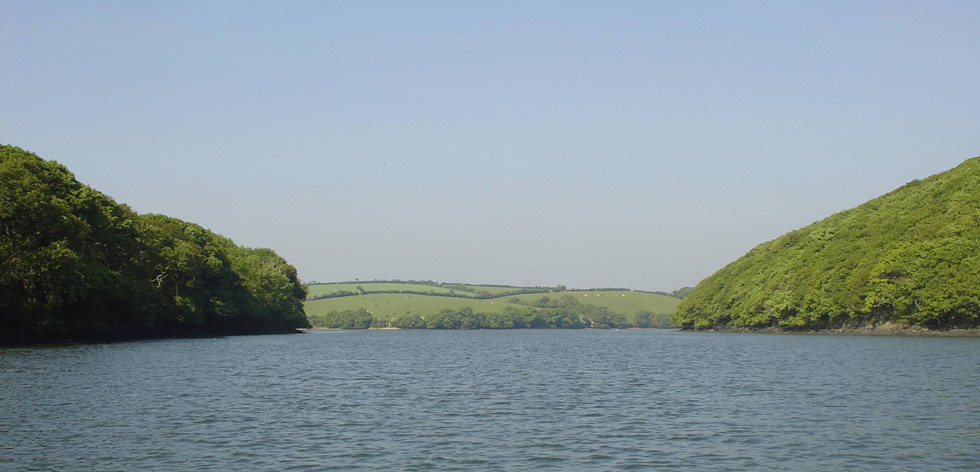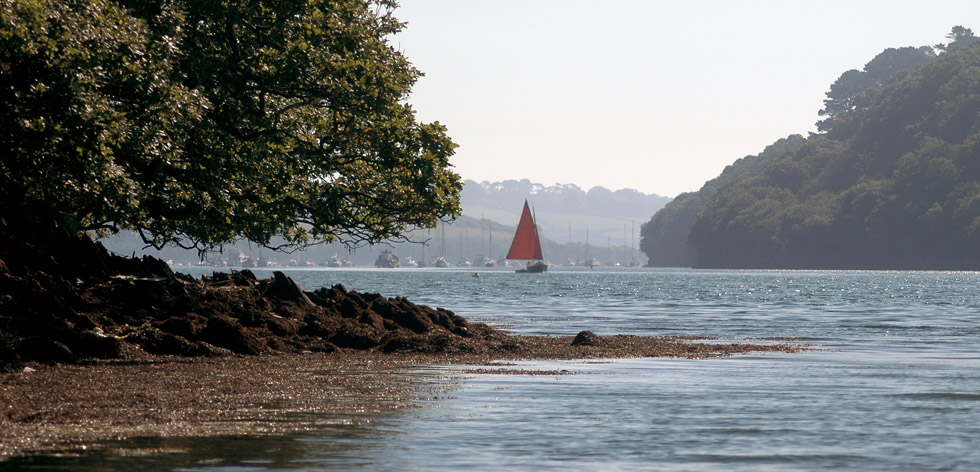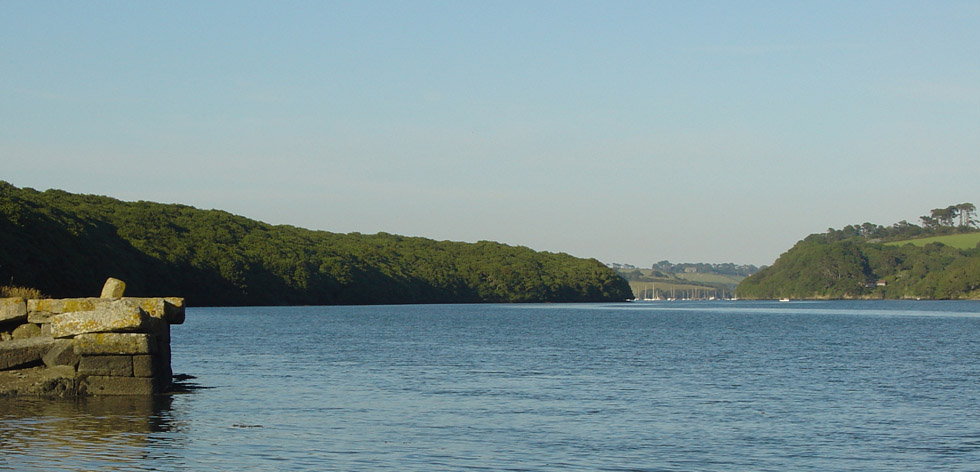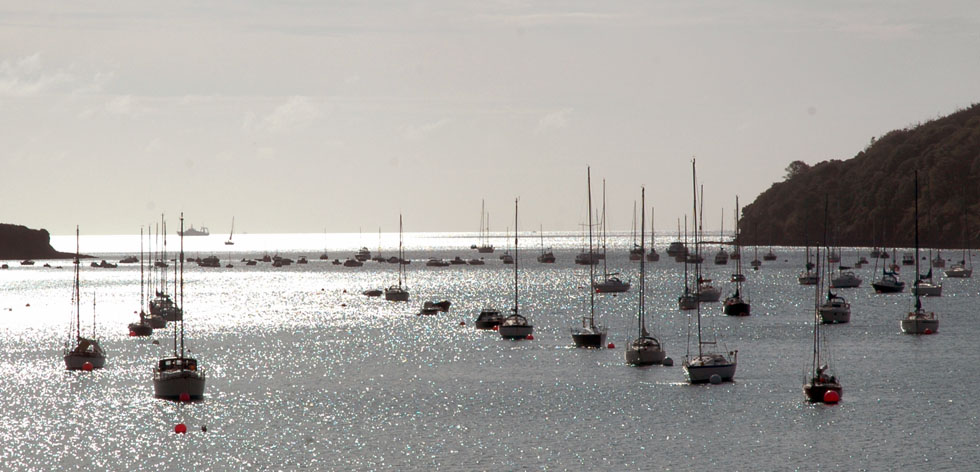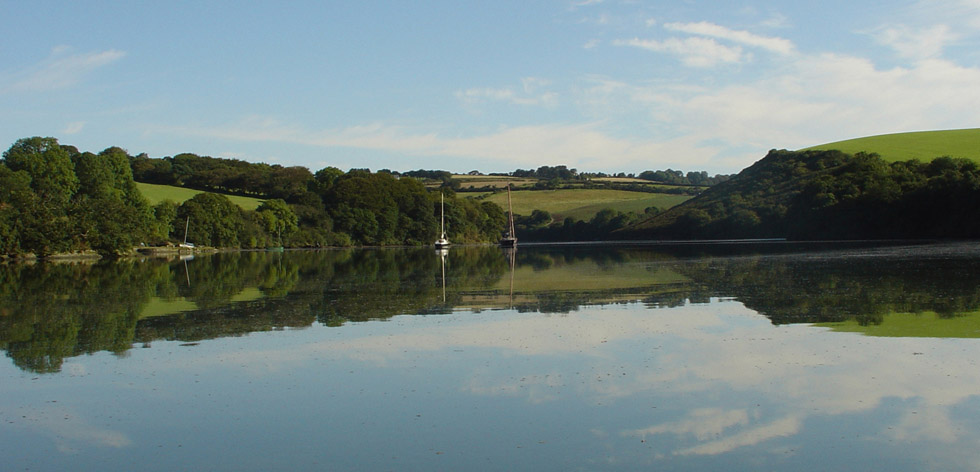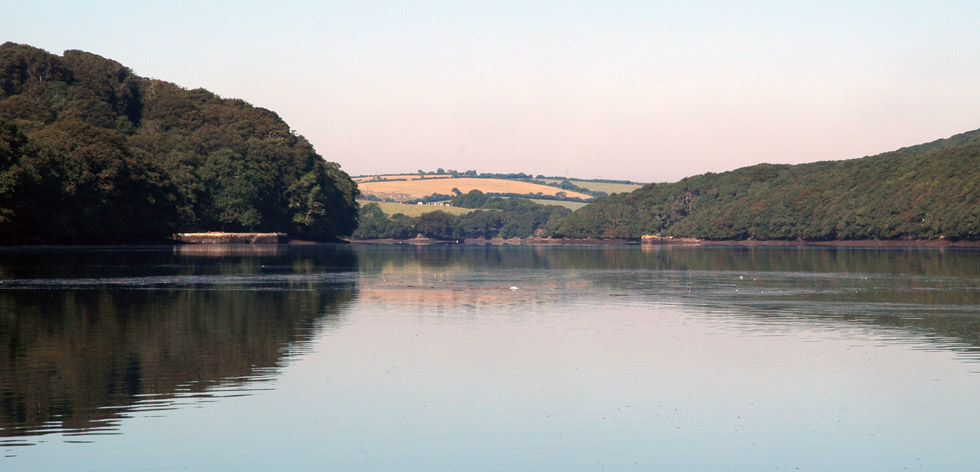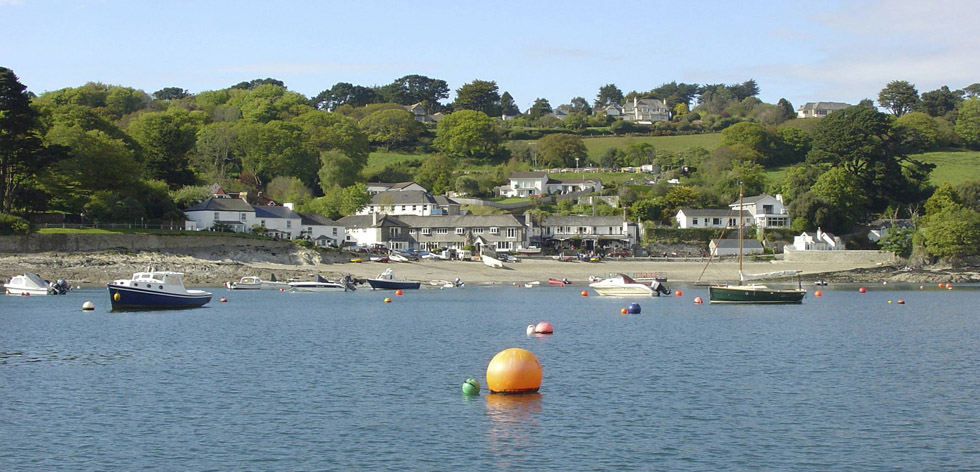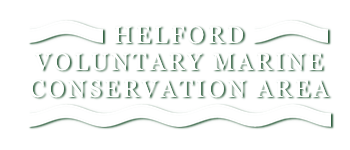Up all night (but not partying): UK’s first marine BioBlitz
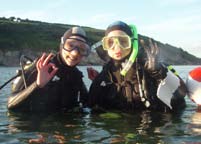 Already cold and wet, zipping up my wetsuit for the third time that day at three am was not quite what I envisaged when my colleague Jason Birt suggested we hold a marine Bioblitz. However, the underwater sights that we encountered during the subsequent dive more than made up for such inconveniences. A popular way of involving the public in scientific activities, the Bioblitz came to life in New York in 1996, the general idea being that scientists, students and the public would come together for twenty four hours to map the biodiversity of a set area, commonly parks. In recent years the idea has gained in popularity and spread across the globe, however until now no one in the UK has been inspired enough (some might say crazy) to organise an overnight marine event. Jason’s inspiration came from reading the book The Highest Tide by Jim Lynch and I was coerced into helping make his dream a reality.
Already cold and wet, zipping up my wetsuit for the third time that day at three am was not quite what I envisaged when my colleague Jason Birt suggested we hold a marine Bioblitz. However, the underwater sights that we encountered during the subsequent dive more than made up for such inconveniences. A popular way of involving the public in scientific activities, the Bioblitz came to life in New York in 1996, the general idea being that scientists, students and the public would come together for twenty four hours to map the biodiversity of a set area, commonly parks. In recent years the idea has gained in popularity and spread across the globe, however until now no one in the UK has been inspired enough (some might say crazy) to organise an overnight marine event. Jason’s inspiration came from reading the book The Highest Tide by Jim Lynch and I was coerced into helping make his dream a reality.
After many months of planning Maenporth was chosen and a date set. Holding an event that includes a Friday the 13th may seem a little inauspicious for some but the day was well enjoyed by all involved. Activities ranged from SeaSearch dives to acoustic recording of bats and birds along with rock pooling, insect netting and much much more. Starting on the sunny afternoon of the 12th of June, staff and students from Falmouth Marine School and Seafans Scuba School worked round the clock to catalogue and photograph as many living organisms found as possible. Work to identify all the species photographed is ongoing with initial estimates suggesting that over 200 species were found, some of the images of which can be found at www.bioblitz.org. uk, along with further details of the event.
This year’s event was held as a trial run with carefully limited numbers of participants, however following the event’s success planning for a bigger summer 2009 event is just beginning. The aim for this next event is to involve a much wider audience, especially members of the public and students from a range of colleges and universities in Cornwall, along with as many local experts as possible. Our ideal would be to find a site within the Helford where there is a wide range of habitats with access suitable for both students and the public. We envisage the event to be held during June. If you know of any such site, have any identification skills to offer or would like to be involved in any way feel free to contact me on 01326 310310 or trudy.russell@ falmouthmarineschool. ac.uk.
Trudy Russell Technician and Lecturer at Falmouth Marine School
Extract from HVMCA newsletter No.37 Autumn 2008
